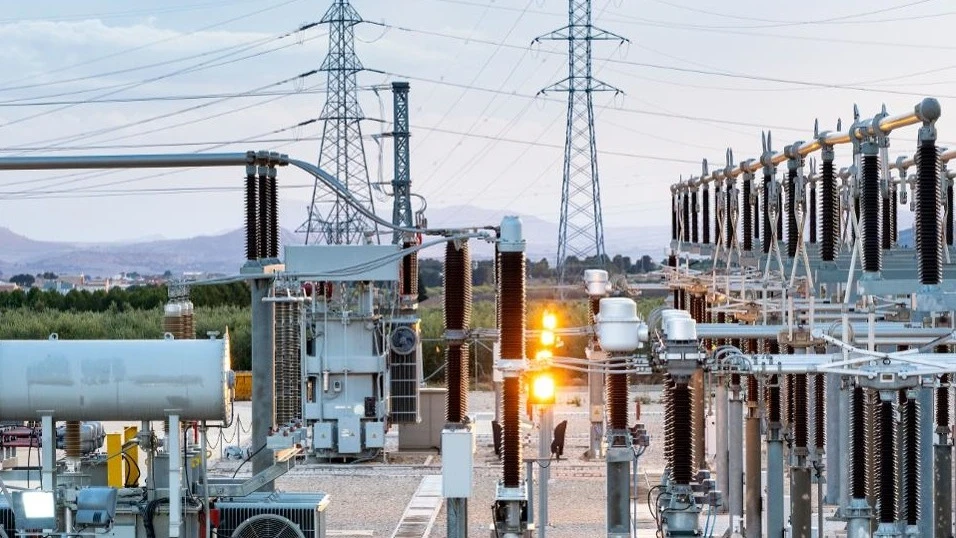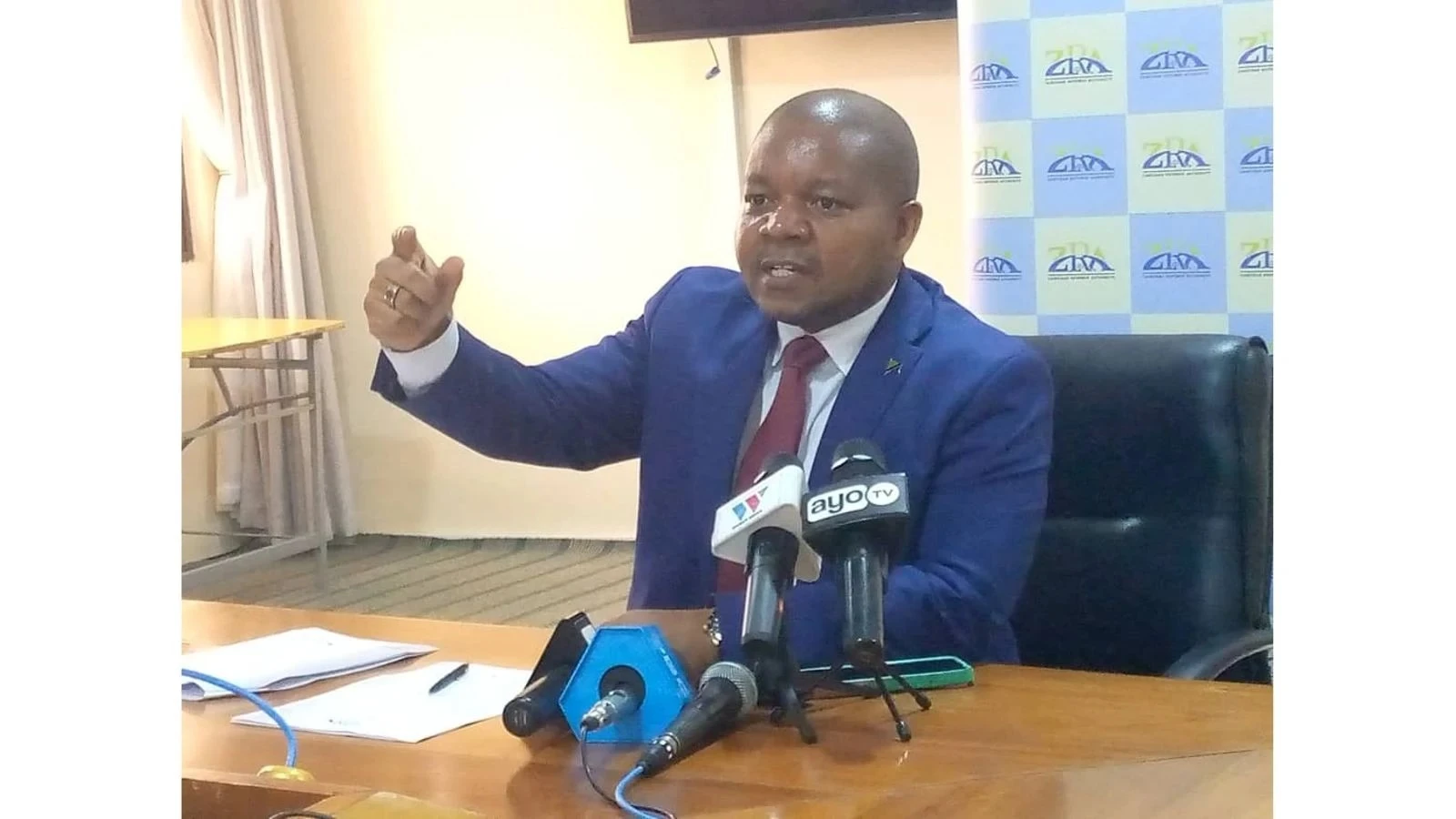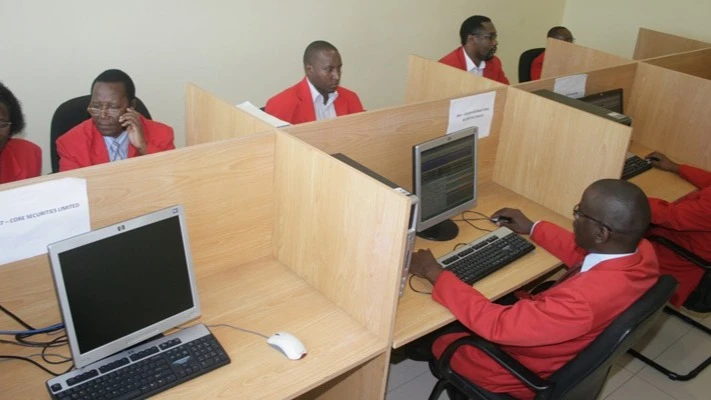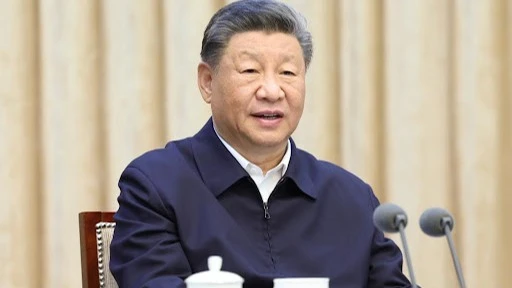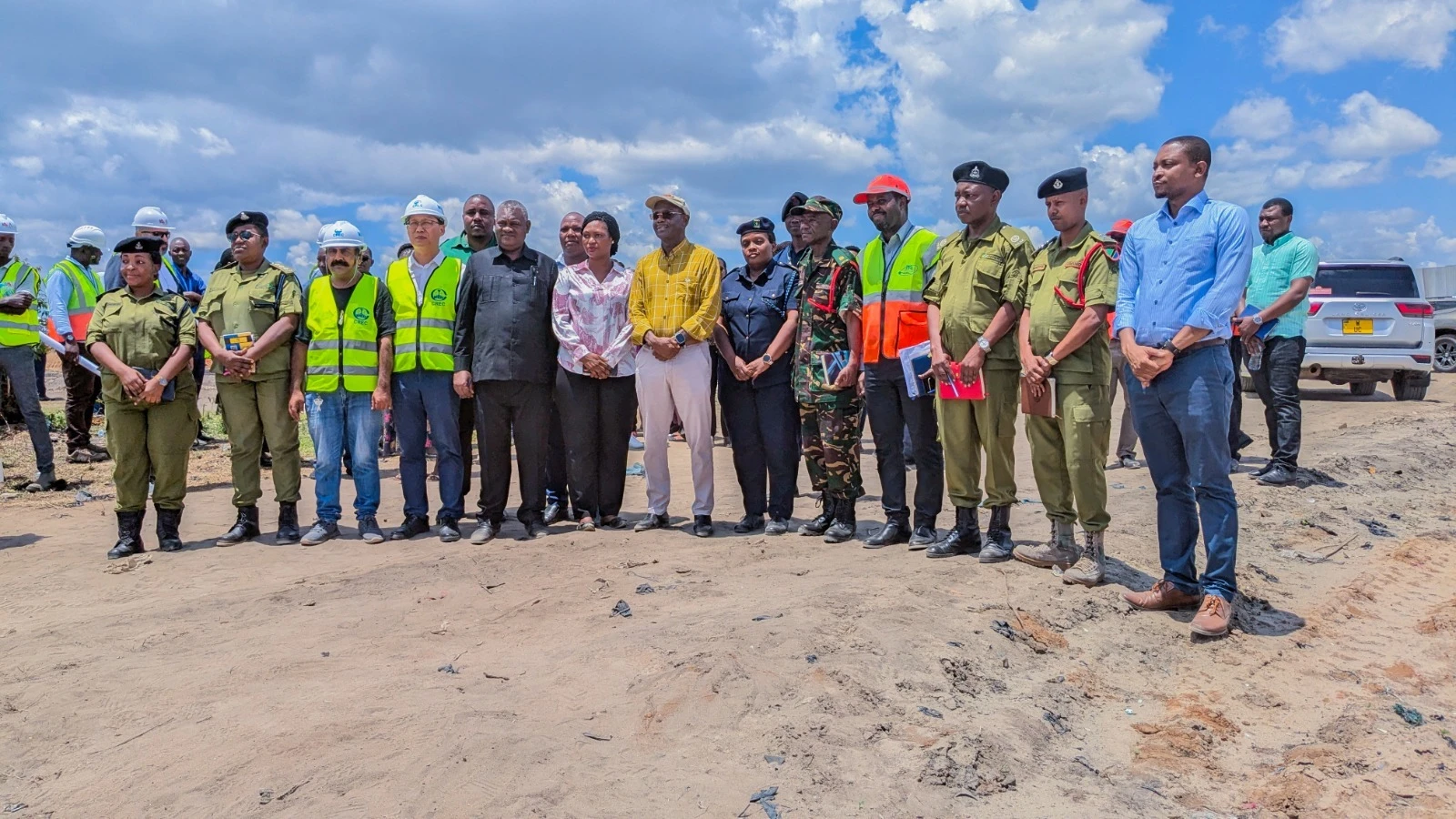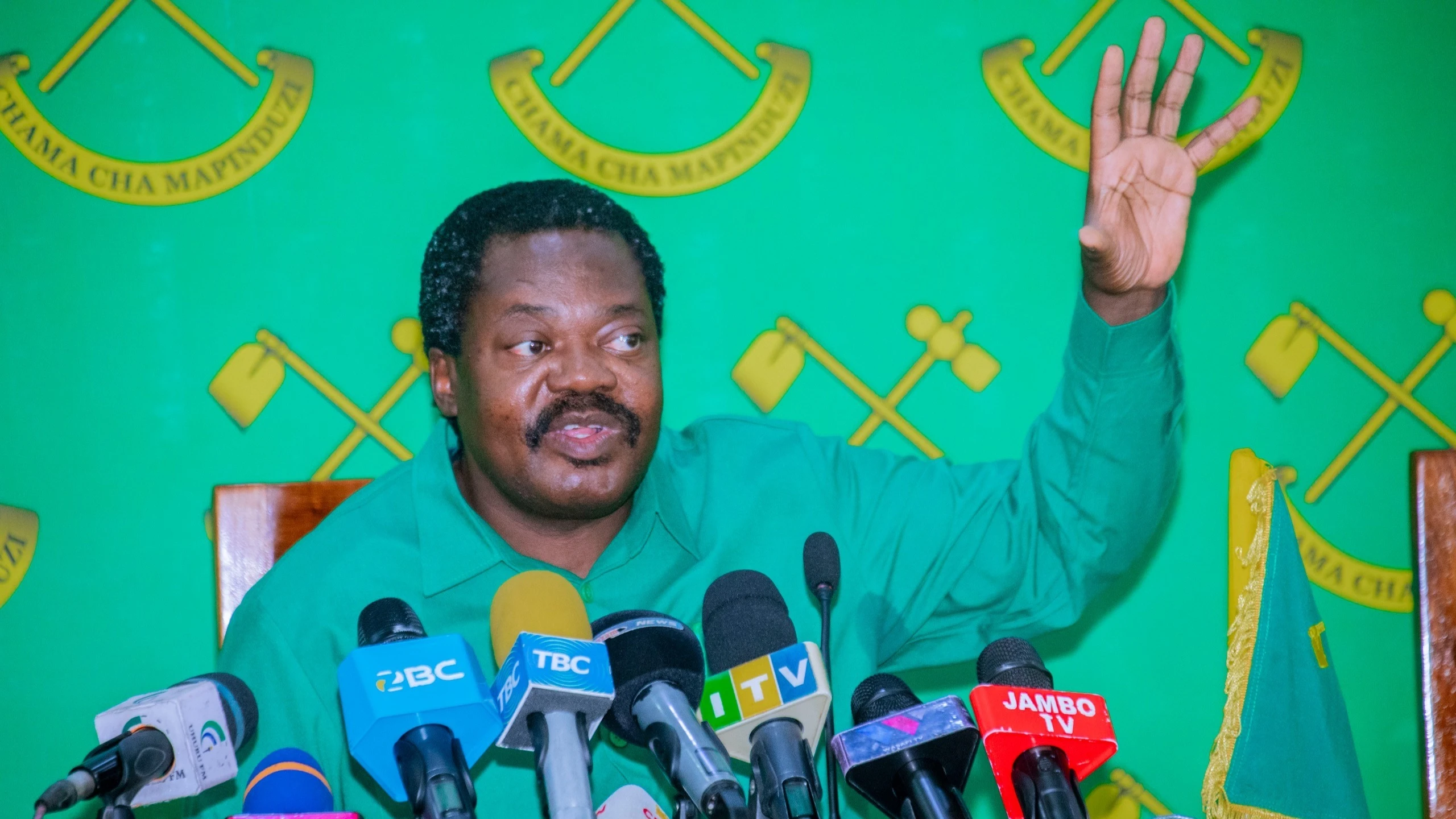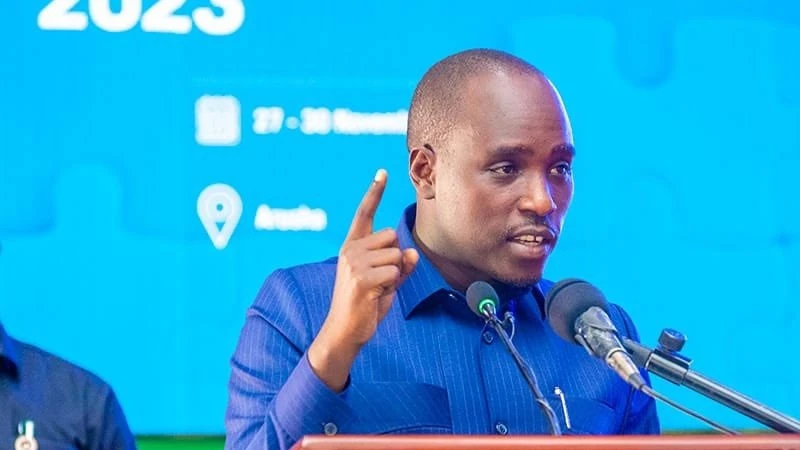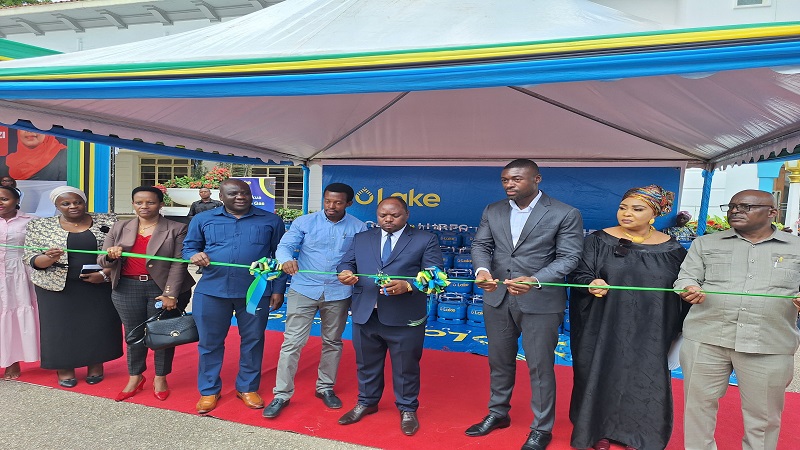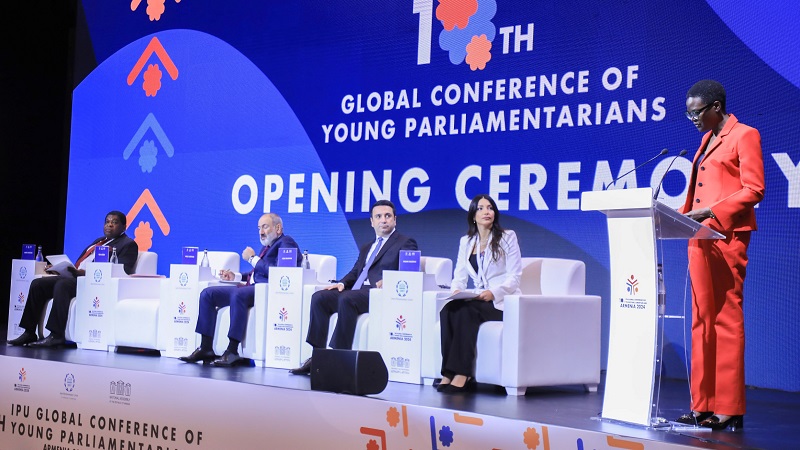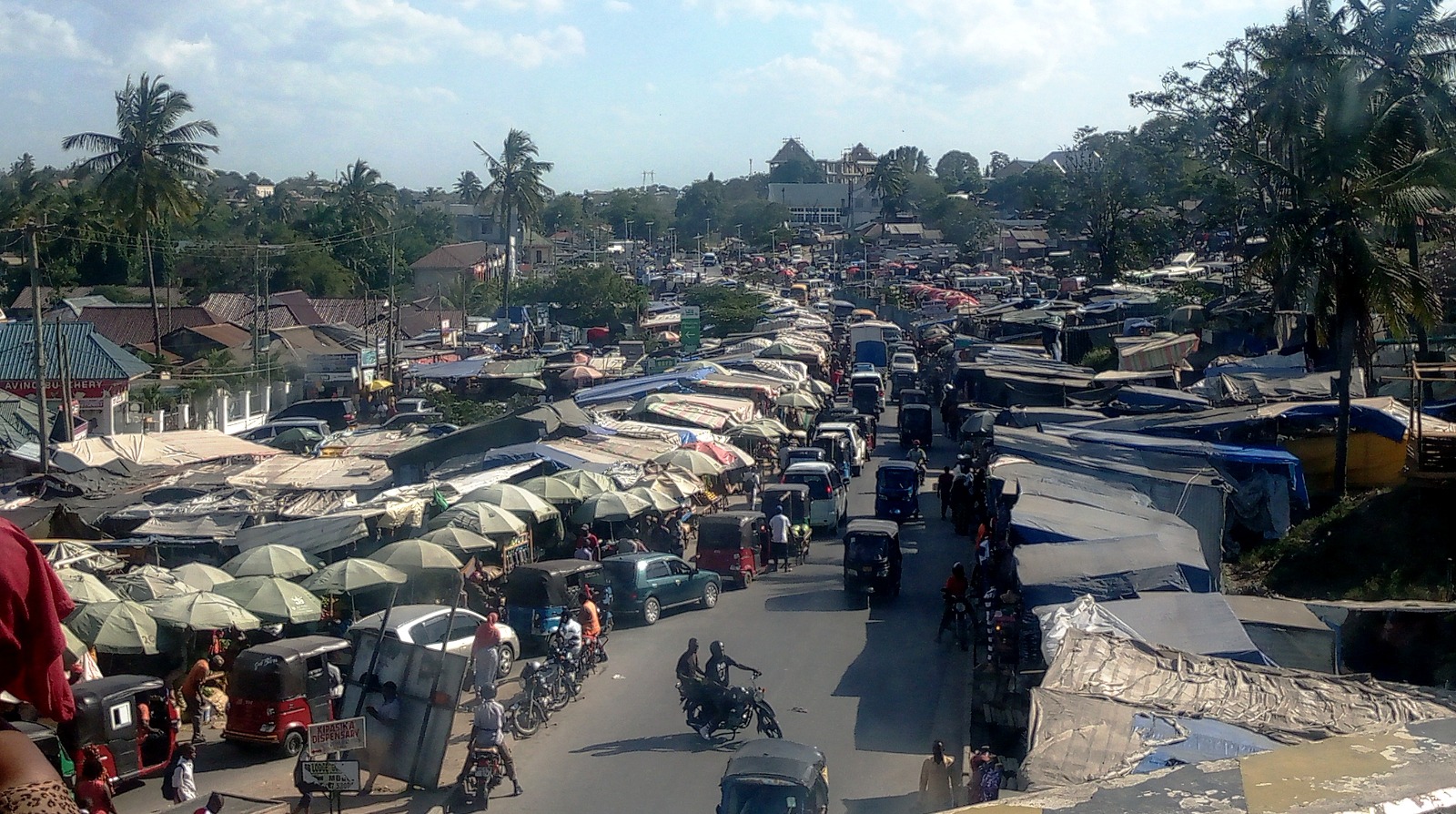Samia: 1pc gross income from state firms a shock
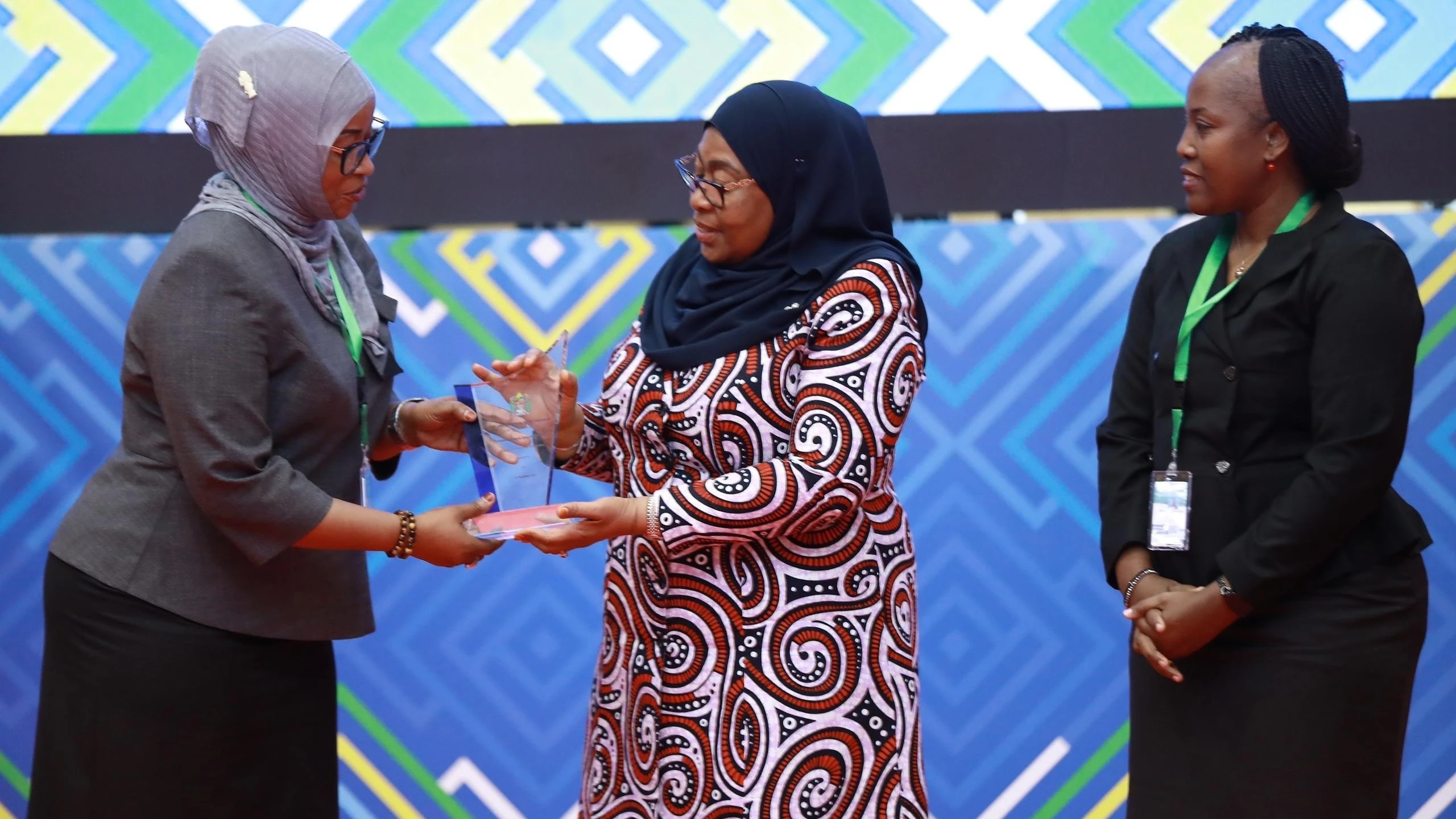
PRESIDENT Samia Suluhu Hassan has expressed dismay over a report from the Treasury Registrar that public organisations charged with doing business contribute only one percent of gross domestic income.
Opening the second meeting of board chairmen and heads of public institutions in Arusha yesterday, she said that the organisations should at least contribute 10 per cent, demanding that “we should ask ourselves how we feel about this.”
Laying emphasis on the need for domestic organizations to reflect on how to increase efficiency and effectiveness to achieve these goals, she said that public institutions that have failed to manage and advance various development projects hand over those projects to the private sector for further development.
“If you have failed to run or manage these projects, give them to the private sector to use or sell them. Return our money so we can use it elsewhere; why should we keep it when we don’t have the capability? Let them use it and return our money so we can handle other matters,” she told the gathering.
“For instance, when Ubungo Plaza was opened, everyone had their own opinions, but now no one wants to use it, and the same goes for the Benjamin Mkapa Towers. Therefore, the Treasury Registrar should take these leaders to that building to see the project’s scale, but it remains unproductive with just a few clothing shops,” the president noted.
“Invest with confidence that the money will be returned. For example, private sector investors who put in even one shilling will ensure that money is recovered and profits are made because they conduct research and pay all government taxes,” she said.
“We inject money into projects without considering if we will get it back, and sometimes it’s political decisions. I’m not blaming anyone; I’m just highlighting where public funds are going without being recovered,” she elaborated.
The Office of the Treasury Registrar needs to move to either merge or dissolve unproductive public institutions rather than protecting positions of individuals, she stated, urging that public organisations must focus on strategic investments and beyond Tanzania’s borders.
“Investing abroad would be more meaningful if our citizens have efficient relationships and first demonstrate effectiveness domestically,” she said, noting in illustration that the Tanzania Bureau of Standards (TBS) can perform well domestically but if they assist local producers to meet international standards, they will make a significant contribution.
This will prevent low-standard foreign products entering the country, she said, praising the State Mining Corporation (STAMICO) transformation process. STAMICO has increased its revenue from 1.36bn/- over 2016-2019 to 85bn/- during 2023/2024, she stated.
“They have moved from being a loss-making organisation to one that is profitable and contributing dividends to the government,” she asserted, while Regional Commissioner Paul Makonda hailed the move to allocate 7bn/- for expanding Arusha Airport at Kisongo.
This will include putting up lights to allow planes to land during the night, he said, noting that planes landing there will reduce ‘congestion’ at the Kilimanjaro International Airport (KIA).
He also requested the government to assist the region build a large public hospital capable of providing up-scaled medical services to visitors, thus attracting tourists from other countries to seek treatment there.
Top Headlines
© 2024 IPPMEDIA.COM. ALL RIGHTS RESERVED









